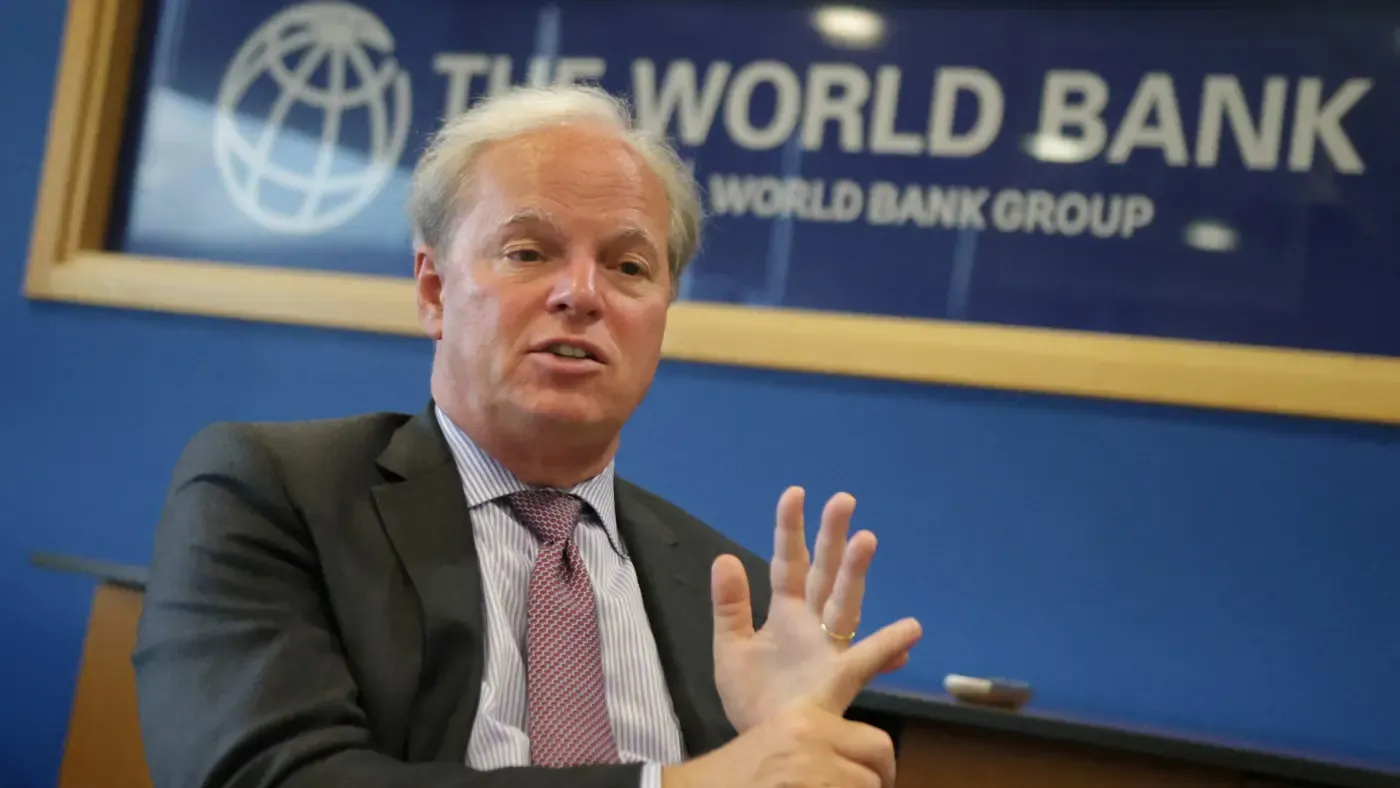World Bank Demands Radical Debt Transparency and Its Impact on Sri Lanka
The World Bank is driving debt transparency reforms for developing countries, which could affect Sri Lanka’s recovery after its 2022 default, potentially easing access to international funds.

World Bank's Senior Managing Director, Axel van Trotsenburg, Photo: Reuters
The World Bank released a report on Friday, June 20, 2025, urging "radical" debt transparency for developing countries and their lenders to avoid future crises. The Bank is calling for more detailed disclosures about new loans, as many nations turn to complex, off-budget borrowing deals due to global market turmoil. "When hidden debt surfaces, financing dries up and terms worsen," said World Bank Senior Managing Director Axel van Trotsenburg. "Radical debt transparency, which makes timely and reliable information accessible, is fundamental to break the cycle."
The Bank wants countries to adopt legal and regulatory reforms to ensure transparency when signing loan contracts and to share detailed debt data. It also recommends regular audits, public release of debt restructuring terms, and for creditors to open their loan and guarantee records. Better tools for international financial institutions to detect misreporting are also part of the plan.
Progress has been made, with over 75% of low-income countries now reporting some debt data, up from under 60% in 2020. However, only 25% disclose loan-level details. Rising financing costs from trade wars and geopolitical risks have pushed countries toward complex deals like central bank swaps and collateralized transactions, making reporting harder.
Examples include Senegal, which used private debt placements while negotiating with the IMF over past debt misreporting, and Cameroon and Gabon, which have relied on "off-screen" deals. Angola recently paid a $200 million margin call after a bond price drop, while Nigeria revealed in early 2023 that billions in foreign reserves were tied to complex contracts from previous leaders. The World Bank says broader and deeper loan disclosures will help the global community better assess public debt risks.
This push could affect Sri Lanka, a developing nation with a history of debt challenges. The country’s 2022 default highlighted issues with opaque borrowing, where undisclosed loans and mismanagement exacerbated its financial collapse, leaving it unable to service over $51 billion in debt. Improved transparency could help Sri Lanka secure better loan terms by rebuilding trust with international creditors, potentially lowering interest rates and extending repayment periods. The World Bank’s focus on audits and disclosures might encourage Sri Lanka to strengthen its debt reporting, addressing past gaps that obscured its true financial position. This could ease access to international financing as it recovers, particularly from institutions like the IMF and World Bank, which are key to its ongoing restructuring efforts. However, implementing these reforms may require significant administrative and political effort, and failure to comply could limit future aid or worsen borrowing costs if transparency remains inadequate.